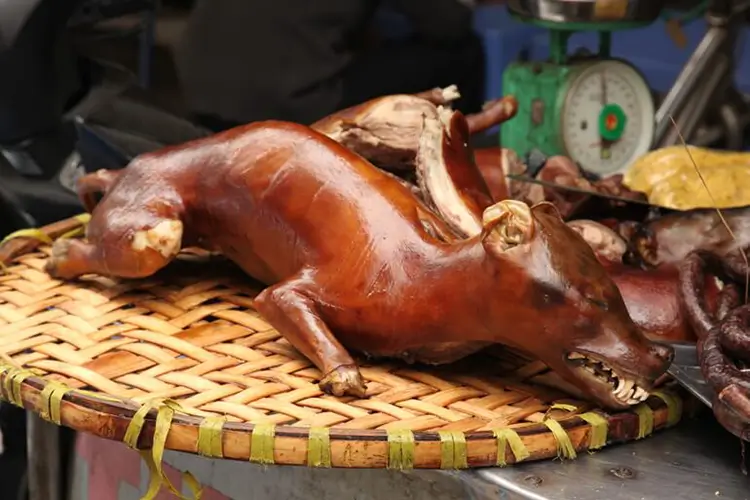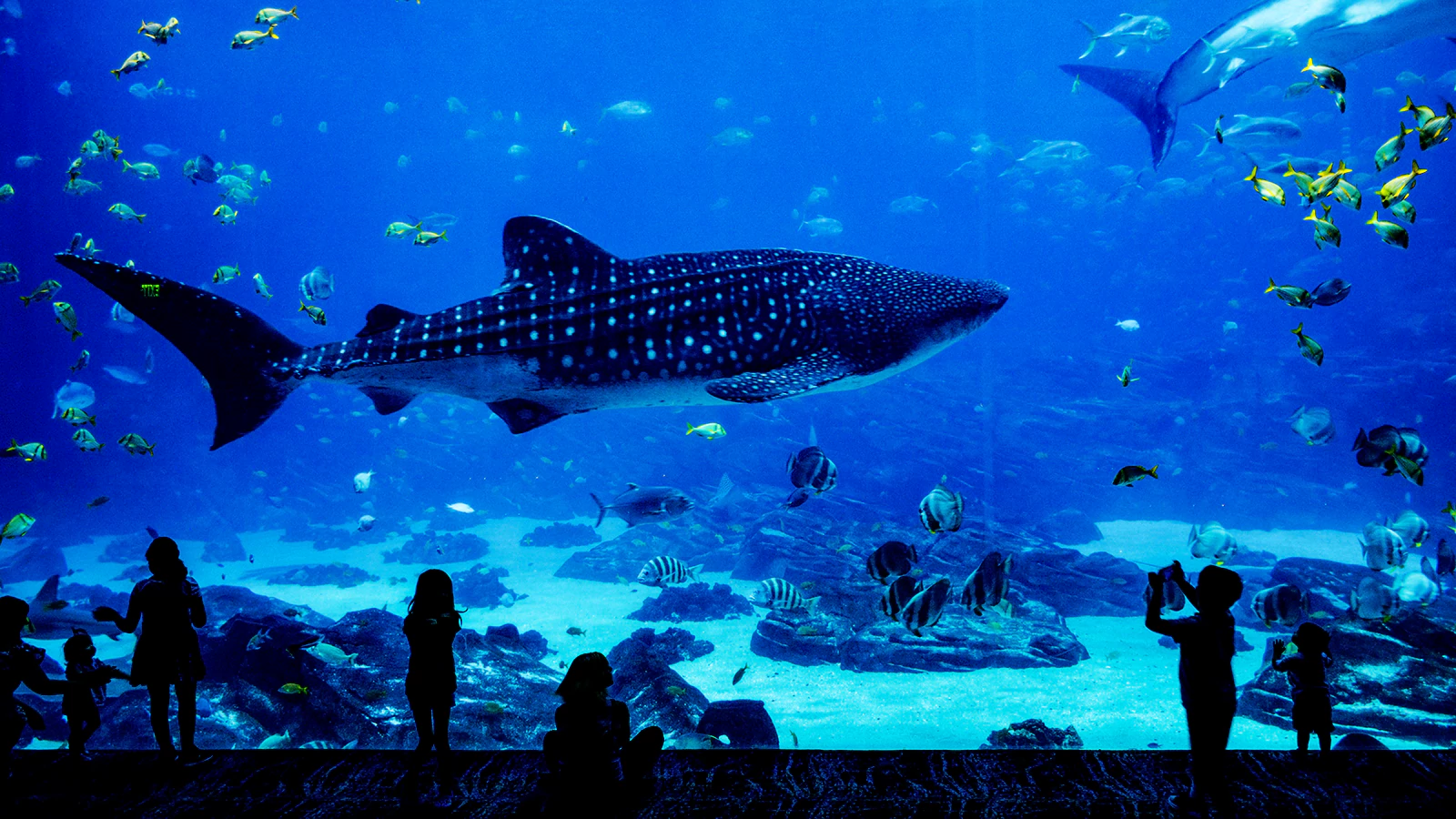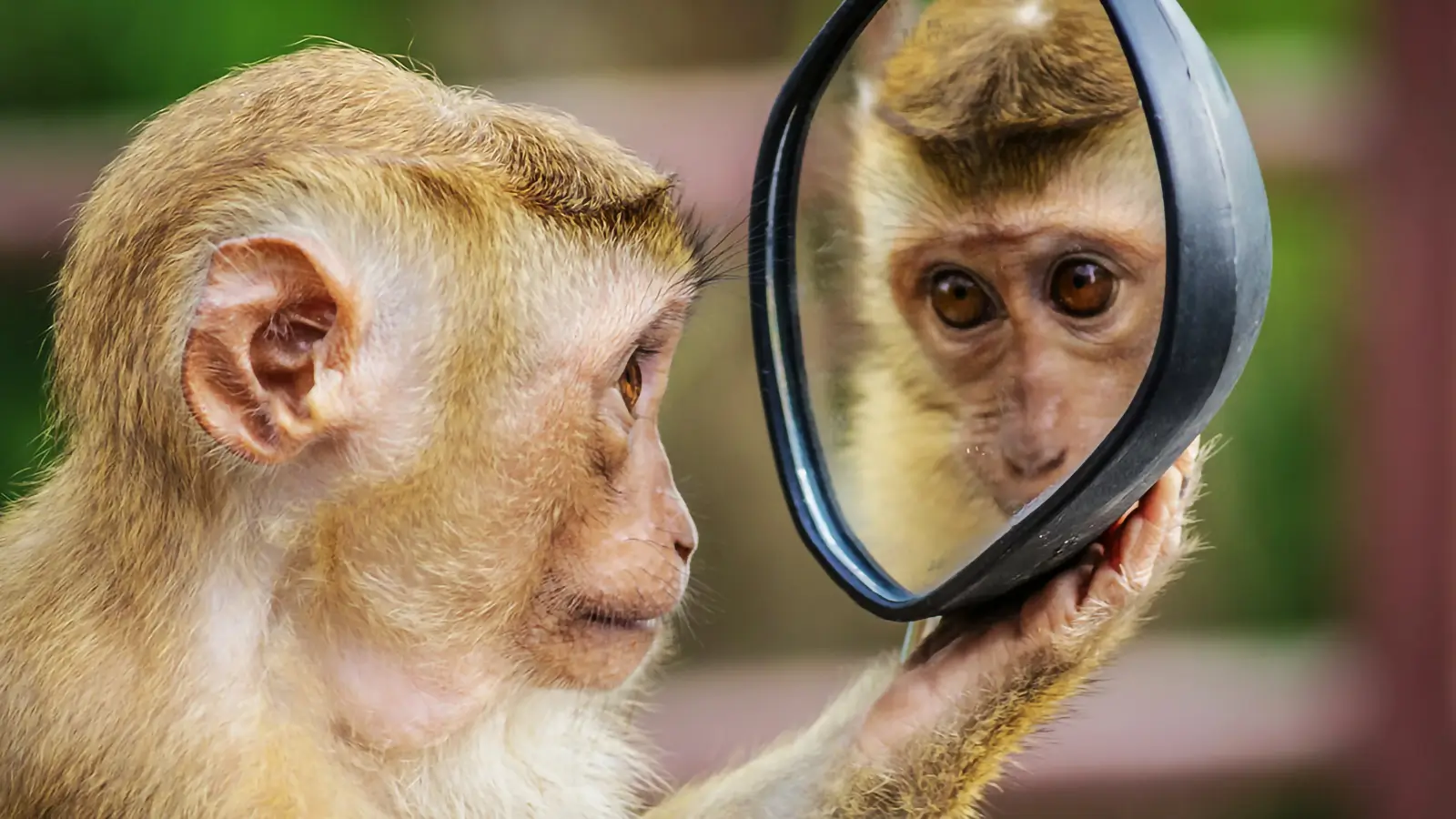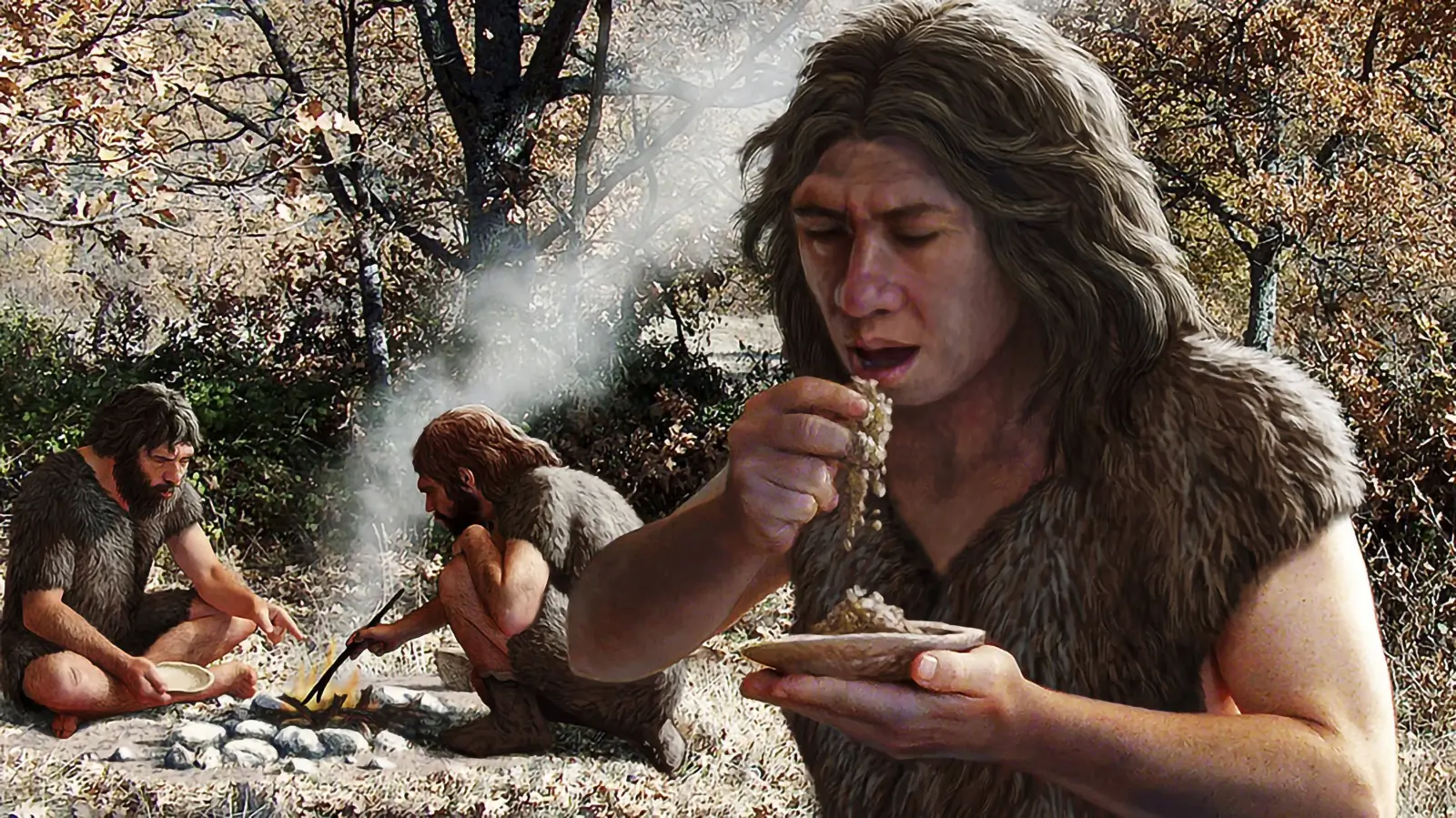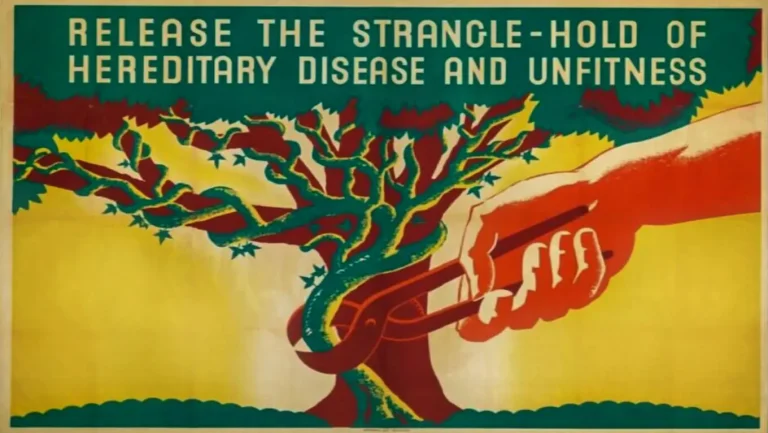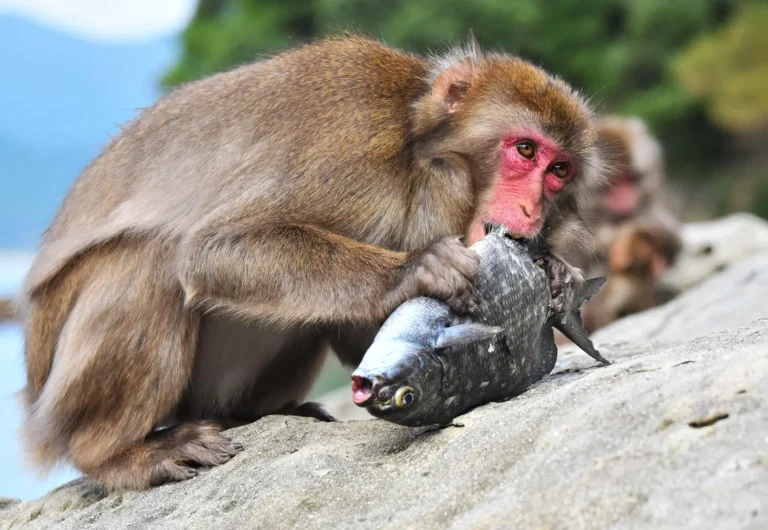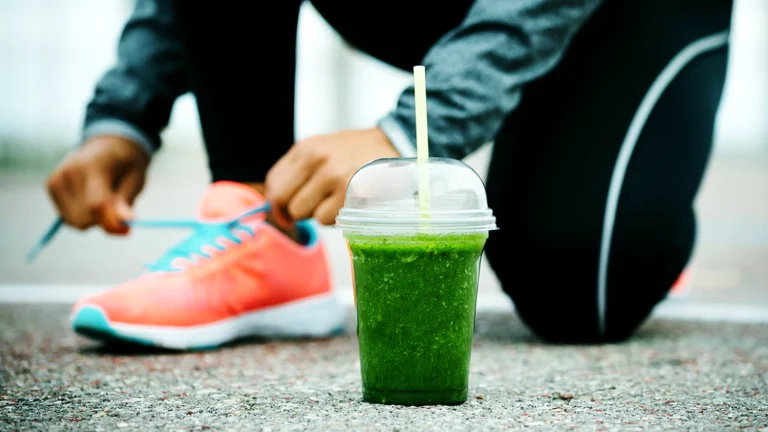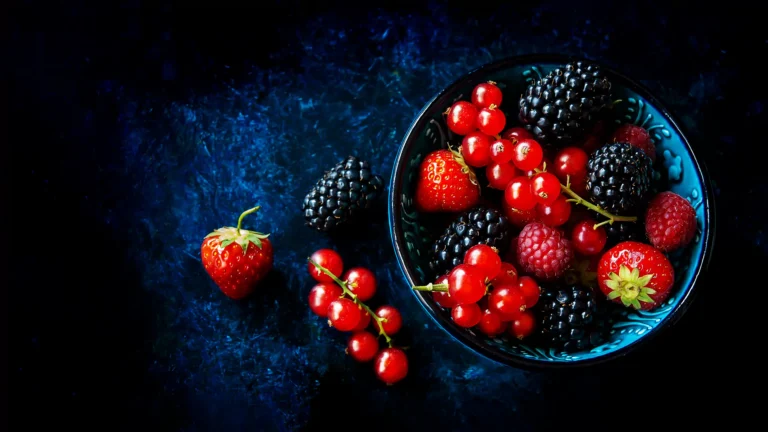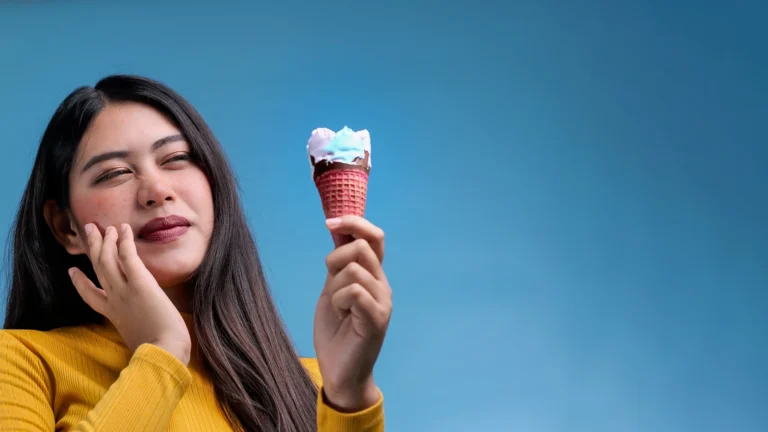Carnismo - A psicologia do consumo de carne
Comer carne ou Carnismo é a cultura que se aprende. Os carnívoros comem qualquer carne, seja ela qual for. Comeríamos apenas alguns animais que consideramos como alimento.
Milos Pokimica
Escrito por: Milos Pokimica
Revisto Clinicamente Por: Dr. Xiùying Wáng, M.D.
Actualizado em 7 de Maio de 2023Carnismo é uma palavra que Melanie Joy, Ph.D. usou para definir o sistema de valores e normas que definem a cultura dominante de consumo de carne. Comer carne ou Carnismo é a cultura que se aprende.
Os carnívoros reais comeriam qualquer carne, seja ela qual for. No nosso sistema, comeríamos apenas alguns poucos animais que consideramos como alimento. Por exemplo, comeria o seu cão? A inteligência média do porco está ao nível de uma criança de 3 anos, e o porco é mais inteligente do que um cão. Um porco é um animal muito inteligente. Pensamos que a carne de cão não tem um bom gosto? Na China, por exemplo, eles comem mesmo cães.
Então porque é que não os comemos? Porque é que não comemos carne humana? Será que pensamos que a carne humana não tem bom gosto? Nas palavras de Alexander Pearce, um condenado irlandês famoso por canibalizar os seus companheiros de fuga da prisão:
"A carne do homem é deliciosa, sabe muito melhor do que o peixe ou a carne de porco."
Em alternativa, que tal:
"Era como uma boa vitela, totalmente desenvolvida, não jovem, mas ainda não era carne de vaca. Era definitivamente assim, e não era como qualquer outra carne que eu já tivesse provado... Era uma carne suave e boa, sem qualquer outro sabor nitidamente definido ou altamente caraterístico, como, por exemplo, a cabra, a caça grossa e a carne de porco."
- William Seabrook, um explorador que comeu um bife de alcatra humana numa viagem à África Ocidental.
Mais recentemente, o apresentador de ciência Greg Foot estava a tentar descobrir o segredo do sabor da carne humana numa experiência com o BritLab para a BBC. Infelizmente, é ilegal comer a nossa própria carne. Tendo em conta que é ilegal, o objetivo final era experimentar alguma semelhança com o sabor. Fizeram uma biopsia ao músculo da perna do Greg e contentaram-se com o aroma da sua carne cozinhada. O aroma da carne pode representar até 80 por cento da nossa sensação de sabor. Colocaram a carne humana cozinhada numa máquina de análise de aromas e fizeram o teste do cheiro. Nas palavras de Greg, o músculo da sua perna cheirava a guisado de carne. A análise do músculo da perna mostrou que a sua composição é muito semelhante à do frango e à da carne de vaca. É cerca de metade do músculo que encontramos no peito de frango e tem fibras musculares semelhantes às que encontramos em cortes de carne de vaca. No final, criaram uma mistura de carne moída de diferentes animais para recriar as fibras que encontraram na biopsia da perna e fizeram um falso hambúrguer humano.
O canibalismo está exaustivamente documentado em todo o mundo, desde a Bacia Amazónica até ao Congo, Fiji, e ao povo Maori da Nova Zelândia. Não é uma invenção moderna, e em algumas culturas, é normal. Há também o canibalismo ritual cerimonial. No mundo moderno, ainda era praticado na Papua Nova Guiné a partir de 2018 em rituais cerimoniais e cerimónias de guerra em várias tribos melanésias. Acredita-se que os neandertais tenham praticado canibalismo. Os humanos anatomicamente modernos podem também ter comido os Neandertais.
Nas explorações mais pequenas, o abate é sempre feito com as mãos nuas e sem anestesia. O mesmo acontece com qualquer outro animal. Os pintos machos não põem ovos e não crescem suficientemente depressa, pelo que, após a eclosão, são selecionados e colocados numa máquina de moer ainda vivos. As fêmeas são enviadas para uma lâmina quente para remover parte dos bicos dos pintainhos. Depois de descascadas, as aves são colocadas em gaiolas onde vão passar o resto das suas vidas confinadas em espaços minúsculos. Devido à reprodução selectiva, cresceram tão rapidamente que muitos sofrem de problemas nas pernas e dores crónicas nas articulações. No abate, as aves de capoeira são colocadas de cabeça para baixo em grilhões móveis pelas pernas e depois puxadas através de uma lâmina que lhes corta a garganta.
A verdade é que realmente não nos importamos ou nunca nos importaríamos. Os seres humanos têm empatia selectiva. Podemos sentir-nos mal pelos cães, mas não pelos porcos.
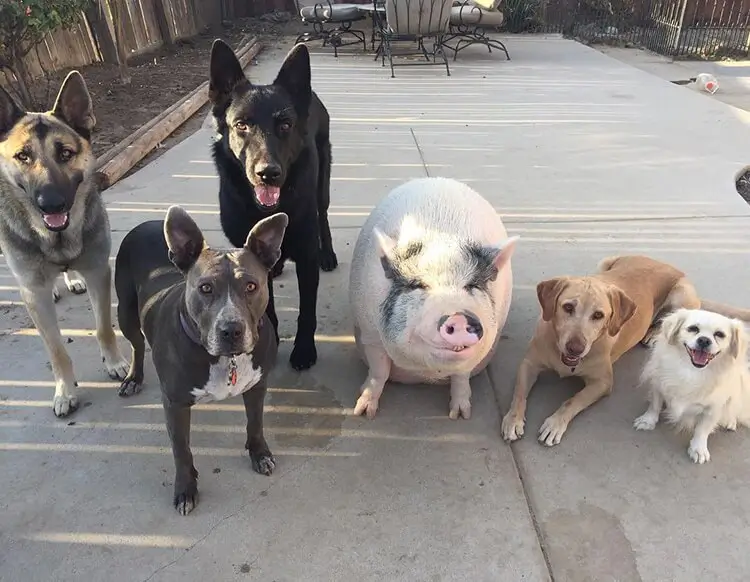
A Dra. Melanie Joy chama-lhe uma lacuna na nossa consciência, o bloqueio da consciência. Uma forma de mecanismo de negação ou de autodefesa.
Ela fala de três extremidades da justificação. Comer carne é saudável, normal, e necessário.
No entanto, o que pensamos ser normal é apenas a estrutura social da cultura dominante. Durante a maior parte do tempo de toda a existência humana, a escravatura foi normal, natural, e necessária. Mesmo na Europa da Idade Média cristã com a inquisição, a escravatura era normal e natural. O tráfico de escravos era mesmo necessário para a economia dos territórios recém-adquiridos do novo mundo. Há apenas "selvagens" que correm nus. Bem, durante a maior parte da história humana, correr nu era correr naturalmente. Isto é o que se chama consciência selectiva.
O vestuário é também uma invenção moderna. O que é natural também representa a interpretação cultural dominante da história. Assassinato, violação, infanticídio, aborto e sacrifício de crianças foram totalmente naturais durante a maior parte da história humana.
Os padrões de comportamento são normalmente os mesmos e não mudam. Apenas a consciência selectiva muda para justificar o comportamento.
No final, no caso de ter alguma ideia de salvar alguns leitões, hoje em dia não se trata apenas de arrombamento e roubo. Em 2008 o FBI escreveu: "Juntos, os ecoterroristas e os extremistas dos direitos dos animais são uma das mais graves ameaças de terrorismo doméstico nos Estados Unidos actualmente". Os EUA estão tão preocupados com o extremismo dos direitos dos animais que existe legislação específica para eles: A Lei do Terrorismo Empresarial Animal (AETA). Nenhum outro acto terrorista visa uma ideologia específica.
Muitas pessoas na comunidade vegana acreditam que o tratamento de animais é uma questão de justiça social. É exactamente isso que, por exemplo, a Dra. Melanie Joy ensina nas suas palestras. O problema é que a justiça depende da nossa percepção das normas. Quanto mais aprendermos, mais compreenderemos a natureza da existência humana. E não há nada de mal nisso. O existencialismo é a força que impulsiona todos os animais e a evolução. Auto-preservação, interesse próprio não importa o quê.
O que algumas pessoas das comunidades veganas não compreendem é que a consciência selectiva não é apenas um mecanismo de defesa. É um instinto evolutivo instintivo de autopreservação.
A única razão, por exemplo, porque não comemos cães não é porque de alguma forma aprendemos culturalmente a não o fazer, mas porque os utilizámos mais vivos. É de novo o interesse próprio. Utilizámos cães para caçar para apanhar outros animais, e usámo-los como alguma forma de sistema de alarme primitivo. Eles ladrarão quando um urso ou lobo ou outro humano ou Neandertal atravessar o nosso território, porque os lobos são animais territoriais e cão, faz agora parte da matilha humana.
A tendência que temos para não comer gatos não é que a tenhamos aprendido culturalmente. É porque eles são uma forma de controlo de pragas primitivas. Os gatos tendem a comer ratos, por isso tivemos mais benefícios de os domesticar em vez de os comer. Com o tempo, o comportamento funde-se com a nossa cultura e integra-se nas normas sociais. A mesma razão pela qual não gostamos de porcos é que eles não ladram, não apanham ratos, e não fazem nada. Não temos benefícios com eles, eles são "estúpidos", e nós vamos comê-los. Se tentarmos ordenhá-los, isso não será bom também porque eles são relativamente pequenos. O gado bovino, pelo contrário, é maior, pelo que não há leite de porco para nós.
A única razão pela qual temos mesmo civilização é que os hominídeos primitivos como o Homo erectus tiveram mais benefícios em cooperar do que em viver como lobos solitários por si próprios. Os hominídeos também tinham comunidades porque beneficiavam o indivíduo. Mesmo um macho beta tolerará o macho alfa não porque se sente bem em ser vencido, mas porque é mais benéfico para ele ser beta do que ser lobo solitário e morrer. Tudo o que já foi conduzido por qualquer animal, incluindo os humanos, resume-se ao instinto de preservação e ao existencialismo. E depois tornou-se parte das normas culturais.
Referências:
Passagens seleccionadas de um livro: Pokimica, Milos. Go Vegan? Revisão da Ciência-Parte 1. Kindle ed., Amazon, 2018.
Publicações Relacionadas
Você tem alguma dúvida sobre saúde e nutrição?
Eu adoraria ouvir de você e respondê-las em meu próximo post. Agradeço sua contribuição e opinião e espero ouvir de você em breve. Eu também convido você a siga-nos no Facebook, Instagram e Pinterest para mais conteúdos sobre dieta, nutrição e saúde. Pode deixar um comentário e ligar-se a outros entusiastas da saúde, partilhar as suas dicas e experiências e obter apoio e encorajamento da nossa equipa e comunidade.
Espero que este post tenha sido informativo e agradável para si e que esteja preparado para aplicar os conhecimentos que aprendeu. Se achou este post útil, por favor partilhá-lo com os seus amigos e familiares que também possam beneficiar com isso. Nunca se sabe quem poderá precisar de alguma orientação e apoio no seu percurso de saúde.
– Você Também Pode Gostar –

Aprender Sobre Nutrição
Milos Pokimica é médico de medicina natural, nutricionista clínico, escritor de saúde e nutrição médica, e conselheiro em ciências nutricionais. Autor da série de livros Go Vegan? Revisão de Ciênciaopera também o website de saúde natural GoVeganWay.com
Medical Disclaimer
GoVeganWay.com traz análises das pesquisas mais recentes sobre nutrição e saúde. As informações fornecidas representam a opinião pessoal do autor e não pretendem nem implicam substituir aconselhamento, diagnóstico ou tratamento médico profissional. As informações fornecidas são apenas para fins informativos e não se destinam a servir como substituto para consulta, diagnóstico e/ou tratamento médico de um médico ou profissional de saúde qualificado.NUNCA DESCONSIDERE o CONSELHO MÉDICO PROFISSIONAL OU adiar a BUSCA de TRATAMENTO MÉDICO por causa DE ALGO QUE TENHA LIDO OU ACESSADO por MEIO de GoVeganWay.com
NUNCA APLIQUE QUAISQUER MUDANÇAS de estilo de VIDA OU QUALQUER MUDANÇA COMO UMA CONSEQUÊNCIA DE ALGO QUE TENHA LIDO NO GoVeganWay.com ANTES de CONSULTORIA de LICENÇA MÉDICA.
No caso de uma emergência médica, ligue para o médico ou para o 911 imediatamente. GoVeganWay.com não recomenda ou endossa qualquer específicos, grupos, organizações, exames, médicos, produtos, procedimentos, opiniões ou outras informações que podem ser mencionadas dentro.
Sugestões do Editor –
Milos Pokimica é médico de medicina natural, nutricionista clínico, escritor de saúde e nutrição médica, e conselheiro em ciências nutricionais. Autor da série de livros Go Vegan? Revisão de Ciênciaopera também o website de saúde natural GoVeganWay.com
Artigos Mais Recentes -
Planta De Notícias Com Base Em
-
‘I Tried TikTok’s Viral Vegan High-Protein Breakfasts’
on Junho 14, 2025
-
Epic Veggie Sandwich
on Junho 14, 2025
-
Vegan Cinnamon Slice
on Junho 13, 2025
-
The Secret To Vegan Meal Prep That Actually Works
on Junho 13, 2025
-
One-Dish Chickpea ‘Tuna’ Salad
on Junho 12, 2025
-
How To Build A Healthy Plant-Based Meal Plan That Lasts
on Junho 12, 2025
-
Garlic And Pepper Tofu
on Junho 11, 2025
Superior De Saúde De Notícias — ScienceDaily
- CRISPR-edited stem cells reveal hidden causes of autismon Junho 14, 2025
A team at Kobe University has created a game-changing resource for autism research: 63 mouse embryonic stem cell lines, each carrying a genetic mutation strongly associated with the disorder. By pairing classic stem cell manipulation with precise CRISPR gene editing, they ve built a standardized platform that mirrors autism-linked genetic conditions in mice. These models not only replicate autism-related traits but also expose key dysfunctions, like the brain s inability to clean up faulty […]
- Sugar shield restored: The breakthrough reversing brain aging and memory losson Junho 13, 2025
A protective sugar coating on brain blood vessels, once thought to be insignificant, turns out to play a vital role in preventing cognitive decline. Restoring this layer reversed damage and memory loss in aging brains, offering a fresh approach to treating neurodegenerative diseases.
- Invisible ID: How a single breath could reveal your health—and your identityon Junho 13, 2025
Scientists have discovered that your breathing pattern is as unique as a fingerprint and it may reveal more than just your identity. Using a 24-hour wearable device, researchers achieved nearly 97% accuracy in identifying people based solely on how they breathe through their nose. Even more intriguingly, these respiratory signatures correlated with traits like anxiety levels, sleep cycles, and body mass index. The findings suggest that breathing isn t just a passive process it might actively […]
- Sleep-in science: How 2 extra weekend hours can calm teen anxietyon Junho 13, 2025
Teens might finally have a good reason to sleep in on weekends within limits. A new study reveals that teenagers who get up to two extra hours of sleep on weekends show fewer anxiety symptoms than those who don t. But go beyond that sweet spot, and symptoms can actually increase.
- Johns Hopkins blood test detects tumor dna three years earlyon Junho 13, 2025
Researchers at Johns Hopkins found that fragments of tumor DNA can appear in the bloodstream up to three years before a cancer diagnosis, offering a potentially revolutionary window for early detection and treatment.
- Running rewires your brain cells—igniting memory-saving genes against alzheimer’son Junho 13, 2025
Scientists have uncovered how exercise directly influences brain health in Alzheimer’s disease by pinpointing the exact brain cells affected. Using cutting-edge RNA sequencing and mouse models, researchers identified changes in specific cells like microglia and a novel type of astrocyte after exercise.
- Guest molecules ride perfect waves in dna droplets—A breakthrough for synthetic biologyon Junho 13, 2025
Scientists have uncovered a previously unknown type of molecular motion inside DNA-based droplets: instead of spreading randomly, guest molecules advance in an organized wave. This surprising discovery opens the door to understanding how cells might organize internal processes without membranes. Using customizable DNA condensates as experimental models, the team showed how molecular waves emerge through precise DNA interactions. These insights could not only transform our grasp of cellular […]
PubMed, #vegan-dieta –
- Protein Intake and Protein Quality Patterns in New Zealand Vegan Diets: An Observational Analysis Using Dynamic Time Warpingon Junho 13, 2025
Background/Objectives: Inadequate intake of indispensable amino acids (IAAs) is a significant challenge in vegan diets. Since IAAs are not produced or stored over long durations in the human body, regular and balanced dietary protein consumption throughout the day is essential for metabolic function. The objective of this study is to investigate the variation in protein and IAA intake across 24 h among New Zealand vegans with time-series clustering, using Dynamic Time Warping (DTW). Methods:…
- Diet and nutrition in cardiovascular disease prevention: a scientific statement of the European Association of Preventive Cardiology and the Association of Cardiovascular Nursing & Allied Professions…on Junho 12, 2025
What we eat is a cornerstone of cardiovascular disease (CVD) prevention, but health professionals may not have a clear understanding of the current evidence-based research to underpin eating habits and recommendations. This study aims to appraise existing evidence-based research on the importance of diet on CVD risk biomarkers, specifically, the effects of dietary patterns, specific foods, and constituents including vitamins/minerals and plant-derived bioactive compounds on CVD risk. […]
- Synergistic Effects of Steam Impinged Microwave-Vacuum Blanching on the Textural Behavior of Vegan Pattieson Junho 11, 2025
The present study was carried out to understand the effect of the process variables of the combined microwave-vacuum-steam blanching process on the textural behavior of vegan patties. This novel blanching technique was systematically evaluated to optimize parameters, including microwave power density (3.8 W/g), steam duration (3 s), pea-to-potato mash ratio (0.252), patty thickness (0.866 cm), and microwave irradiation time (133 s). Fourier transform infrared (FTIR) spectroscopy was employed […]
- Plant-based diet and risk of osteoporosis: A systematic review and meta-analysison Junho 10, 2025
CONCLUSIONS: This systematic review and meta-analysis indicate that adherence to plant-based diet may be associated with an elevated risk of osteoporosis, particularly at the lumbar spine, among individuals following a vegan diet or following a plant-based diet for ≥10 y. However, the heterogeneity observed across studies highlights the need for well-designed prospective studies in future, to clarify this relationship.
- Plant-based diets for sustainability and health – but are we ignoring vital micronutrients?on Junho 9, 2025
Plant-based diets, with limited quantities of animal foods, are increasingly promoted for sustainability and health. In many countries, animal-source foods provide the majority of several micronutrients at a population level; in the UK, milk and dairy products contribute around one third of total calcium, vitamin B(12) and iodine intake in adults. Recommendations for a predominantly plant-based diet may have the unintended consequence of reducing intake of micronutrients, particularly in […]
Postagens aleatórias –
Postagens em destaque –

Últimas do PubMed, #dieta baseada em vegetais –
- Association Between Dietary Protein Sources and Nutrient Intake in the Diet of Canadian Childrenpor Hrvoje Fabek on Junho 13, 2025
CONCLUSIONS: An approximate 3:1 ratio of animal-to-plant protein sources may represent an optimal balance for supporting nutrient intake and improving macronutrient profiles in the diets of Canadian children.
- Pre-Conception Physical Activity and the Risk of Gestational Diabetes Mellitus: Findings from the BORN 2020 Studypor Antigoni Tranidou on Junho 13, 2025
Background/Objectives: Pre-conception health behaviors may influence the risk of gestational diabetes mellitus (GDM), but evidence on the joint effects of physical activity (PA) and dietary patterns remains limited. This study investigated the associations between pre-conception PA and GDM risk and explored their interaction with adherence to a Mediterranean diet (MD). Methods: This analysis used data from the BORN2020 cohort, which included pregnant women in Greece (2020-2022). […]
- Adherence to the Planetary Health Diet and Its Association with Diet Quality and Environmental Outcomes in Croatian University Students: A Cross-Sectional Studypor Gordana Kenđel Jovanović on Junho 13, 2025
CONCLUSIONS: This study highlights the moderate sustainability of students’ diets, with significant associations between diet quality and environmental impacts. University settings present key opportunities for the promotion of sustainable, health-oriented eating behaviors among young adults.
- Exploring the Benefits of Extra Virgin Olive Oil on Cardiovascular Health Enhancement and Disease Prevention: A Systematic Reviewpor Sara Ussia on Junho 13, 2025
Introduction: Olive oil’s health benefits are widely known and extensively documented; its advantages are widespread, covering numerous areas of human health. Clinical and experimental data indicate that a Mediterranean Diet (MedDiet) with Extra Virgin Olive Oil (EVOO) lowers the risk of illnesses associated with oxidative stress, chronic inflammation, and weakened immunity, including cancer and cardiovascular disease (CVD). The European Food Safety Authority (EFSA) confirms that olive oil’s…
- Dietary Interventions and Oral Nutritional Supplementation in Inflammatory Bowel Disease: Current Evidence and Future Directionspor Brigida Barberio on Junho 13, 2025
CONCLUSIONS: Dietary interventions and ONS represent valuable therapeutic tools in IBD management. Future research should prioritize standardized, well-powered clinical trials and personalized nutritional approaches to better define their role within integrated care pathways.
- Diet in Knee Osteoarthritis-Myths and Factspor Natalia Kasprzyk on Junho 13, 2025
Knee osteoarthritis (OA) is a common degenerative joint disease affecting global health. Its increasing prevalence, particularly among aging populations, remains a leading cause of disability. Besides conventional pharmacological and surgical treatments, dietary interventions are promising strategies to alleviate OA symptoms and progression. Unfortunately, scientific evidence does not support many commonly used, misleading ideas about nutrition in knee OA. Recent data highlight the […]
